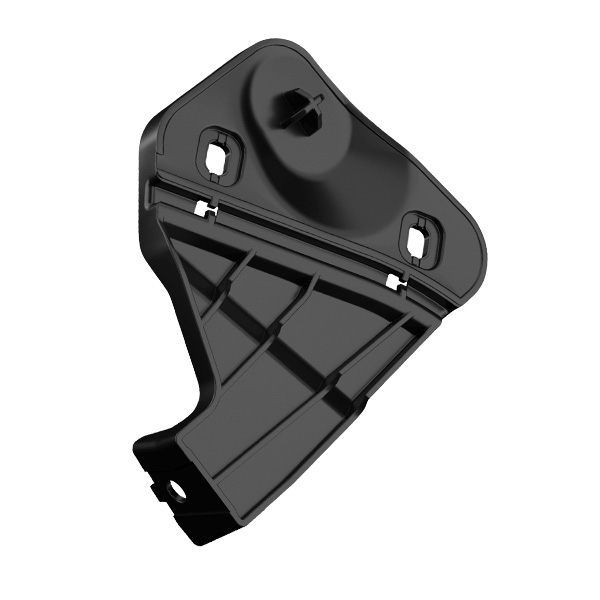Here's an overview of plastic injection molding services
2024-03-25
Plastic injection molding services refer to the manufacturing process of producing plastic parts by injecting molten plastic material into a mold cavity, where it solidifies and takes the shape of the desired part. This process is widely used in various industries for the mass production of plastic components with high precision, complexity, and consistency. Here's an overview of plastic injection molding services:
1. Process Overview:
- The plastic injection molding process begins with the design of the mold, which is typically made from steel or aluminum and contains one or more cavities that define the shape of the desired part.
- Plastic resin pellets are fed into a heated barrel of an injection molding machine, where they are melted and mixed to achieve the desired properties.
- The molten plastic is injected under high pressure into the mold cavity through a nozzle and runner system. The plastic fills the cavity and takes the shape of the mold.
- After the plastic has cooled and solidified, the mold opens, and the finished part is ejected from the mold cavity.
2. Materials:
- Plastic injection molding supports a wide range of thermoplastic and thermosetting materials, including polyethylene (PE), polypropylene (PP), polystyrene (PS), acrylonitrile butadiene styrene (ABS), polyvinyl chloride (PVC), nylon, and more.
- The choice of material depends on factors such as the desired properties of the finished part, its intended application, cost considerations, and regulatory requirements.
3. Tooling:
- Tooling is a critical aspect of plastic injection molding services. High-quality molds are essential for producing accurate, consistent, and high-quality parts.
- The design and fabrication of molds require expertise in CAD/CAM software, CNC machining, and mold-making techniques.
- Tooling costs can vary significantly depending on factors such as mold complexity, size, material, and expected production volume.
4. Capabilities:
- Plastic injection molding services offer a wide range of capabilities, including the production of small to large parts, complex geometries, tight tolerances, and various surface finishes.
- Additional processes such as overmolding, insert molding, and multi-shot molding are also available to produce parts with multiple materials or components.
5. Quality Control:
- Quality control measures are implemented throughout the injection molding process to ensure the consistency and accuracy of the finished parts.
- Inspection techniques such as dimensional measurements, visual inspection, and material testing are used to verify part quality and compliance with specifications.
6. Applications:
- Plastic injection molding is used in numerous industries, including automotive, aerospace, electronics, medical devices, consumer goods, packaging, and more.
- Common applications include automotive interior and exterior components, electronic enclosures, medical device housings, consumer product parts, and packaging containers.
In summary, plastic injection molding services offer a cost-effective and efficient method for the mass production of plastic parts with high precision and complexity. With a wide range of materials, capabilities, and applications, injection molding plays a crucial role in modern manufacturing across various industries.



